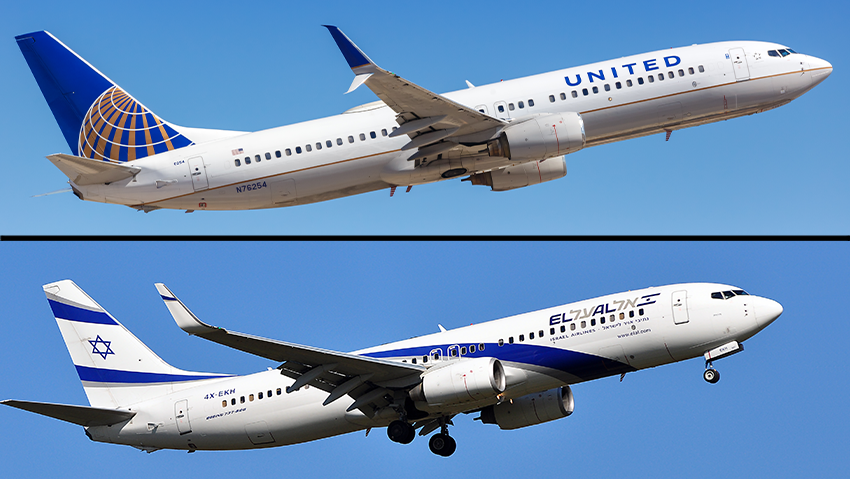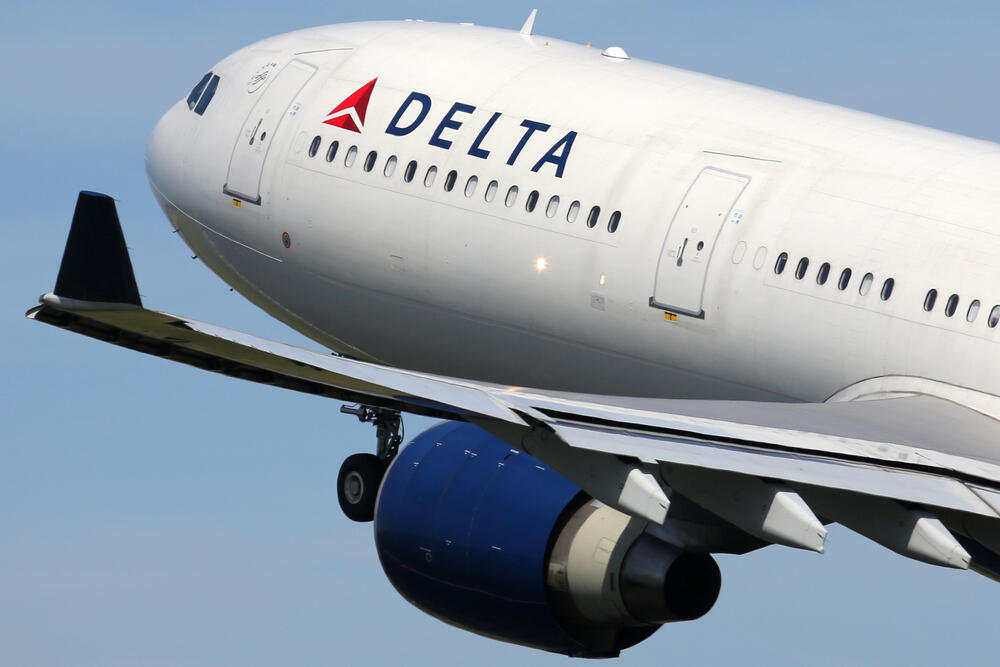United Airlines has officially announced the resumption of its Tel Aviv-New York flights starting March 2. This marks the first U.S. airline to return to Israel since the outbreak of the war, ending a period where El Al was the sole operator on the route to America.
Read more:
The initial flights on the New York-Tel Aviv route, scheduled for March 2 and 4, will include a stop in Munich to ensure that all service providers are prepared to support the full service to and from New York. There will be no flights departing from New York to Tel Aviv on March 3 and 5. United's aim is to restore daily service to Tel Aviv beginning March 6.
2 View gallery


United Airlines are more affordable
(Photo: shutterstock / Markus Mainka, Vytautas Kielaitis)
United has conducted a comprehensive safety assessment in collaboration with security experts and government officials from the U.S. and Israel. The airline has also worked closely with air and flight attendant unions to develop safety protocols. United will continue to monitor the situation and adjust its schedule as necessary, including any changes to the renewed service between New York/Newark and Tel Aviv. The airline plans to introduce a second daily flight to Tel Aviv from Newark in May, anticipating an increase in travel demand. Flights from San Francisco, Washington Dulles and Chicago O'Hare will be evaluated for resumption starting in the fall.
The return of United Airlines is a welcome announcement for Israeli travelers. According to our investigation, a traveler flying with United Airlines between April 19 and April 24, for instance, would pay from $1,590 for a round-trip ticket, luggage included. A ticket for the same dates with El Al would cost from $2,246, marking a significant difference of $656.
We examined another set of dates. A round-trip ticket, departing on April 1 and returning on April 11, costs $1,671 with United. For the same dates, a round-trip ticket with El Al costs $2,113, resulting in a substantial difference of $442.
It's important to note that all tickets currently sold by El Al include an option to cancel up to 24 hours before the flight. For United, as with other airlines, passengers would need to pay an additional fee to enjoy such flexible cancellation conditions.
Delta Airlines, the second-largest U.S. airline after American Airlines, also is making moves to resume its service to Israel. The company has contacted the Airports Authority to secure a slot and prepare to resume flights to Israel, set to begin in early May.
Air Canada, another North American company, is also gearing up for a return to Israel. It hasinformed the Israel Airports Authority of its plans to renew their flights on the Tel Aviv-Toronto route from April onwards.
The companies have not officially announced their returns to Israel yet. They are currently making preparations that would allow them, should they decide, to resume flights.
A senior figure in the aviation industry, speaking with Ynet Thursday morning, highlighted the sensitivity of the situation, noting that it can change at any moment, especially in the event of an escalation on the northern front. Despite this uncertainty, the return of U.S. airlines to Israel would undoubtedly stir competition on the routes, potentially leading to a reduction in flight prices.


